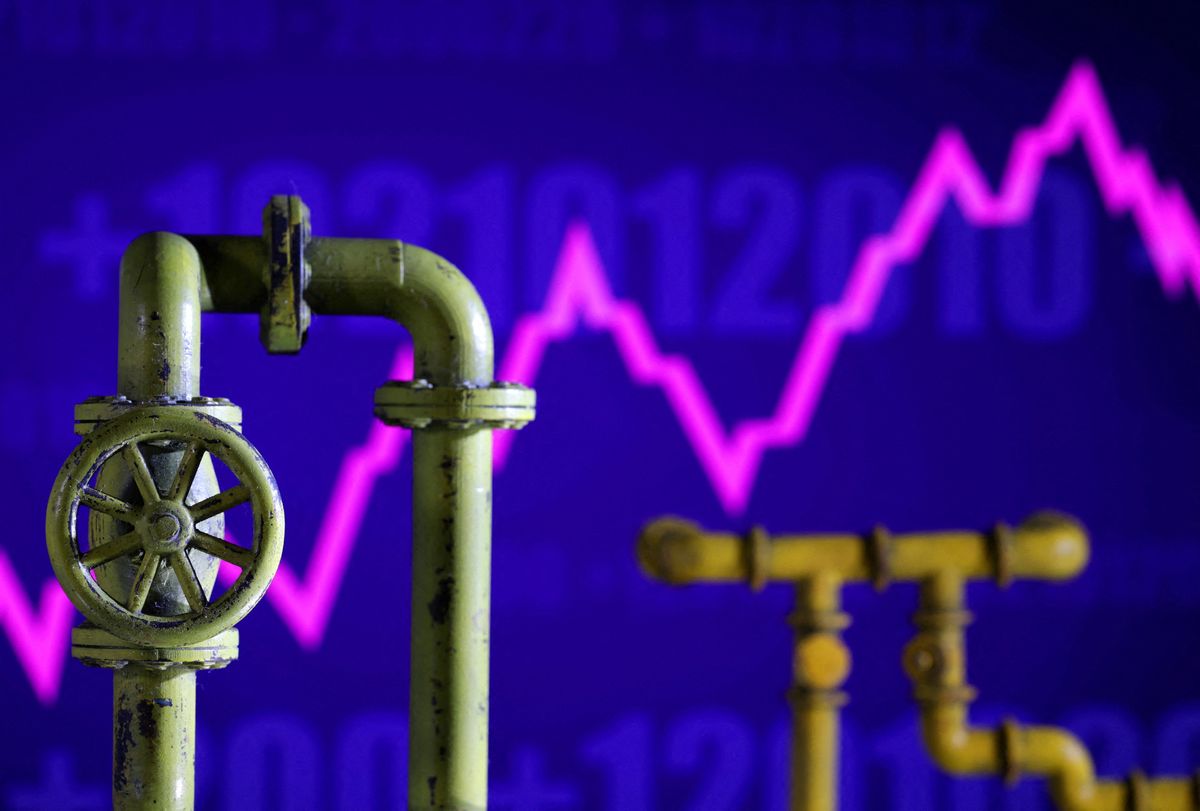What kind of market consequences could the EU’s new gas price cap have?
The EU has been debating capping natural gas prices for months to prevent wild price swings.

A few minutes every morning is all you need.
Stay up to date on the world's Headlines and Human Stories. It's fun, it's factual, it's fluff-free.
Backstory: The EU has been debating capping natural gas prices for months to prevent wild price swings. But Germany, the region's economic powerhouse and a major gas importer was pushing back. Berlin worried a cap would block its effort to find new gas sources on the global market, especially after it was hit hard by Russia's cut-offs last year. Other countries like the Netherlands and Austria also had concerns it would disrupt the market and threaten the EU's energy security.
More recently: The EU's energy ministers agreed in December to put a temporary gas price cap in place starting from mid-February. For the cap to take effect, benchmark Dutch TTF prices must be above the €180 (US$196) mark and be at least €35 (US$38) more than global liquefied natural gas (LNG) prices for three days. If this happens, the price is capped at no more than €35 (US$38) higher than the reference price for LNG. This will allow it to fluctuate alongside the global LNG price without swinging too high.
The development: But the EU's gas price cap has raised concerns among financial experts who believe it could disrupt the market and endanger gas supplies within the bloc. On Monday, the European Securities and Markets Authority warned that the cap could lower market liquidity and shift trading activity away from traditional markets as market participants look for ways to avoid the cap.
Key comments:
"Gas traders would likely liquidate short positions and stop selling futures if they fear the break could be activated imminently, for fear of the resulting losses," said analysts at Eurasia Group in December, on concerns of how the price cap could affect market behavior.
"Despite progress the last couple of weeks, the market correction mechanism remains potentially unsafe." said Dutch energy minister Rob Jetten after the EU agreed to the gas price cap. "I remain worried about major disruptions on the European energy market, about the financial implications and, most of all, I am worried about European security of supply."
"It is entirely possible that some of the potential effects in the trading and clearing environment might only unfold," said the European Securities and Markets Authority. "It could trigger significant and abrupt changes of the broader market environment, which could impact the orderly functioning of markets, and ultimately financial stability."




Comments ()